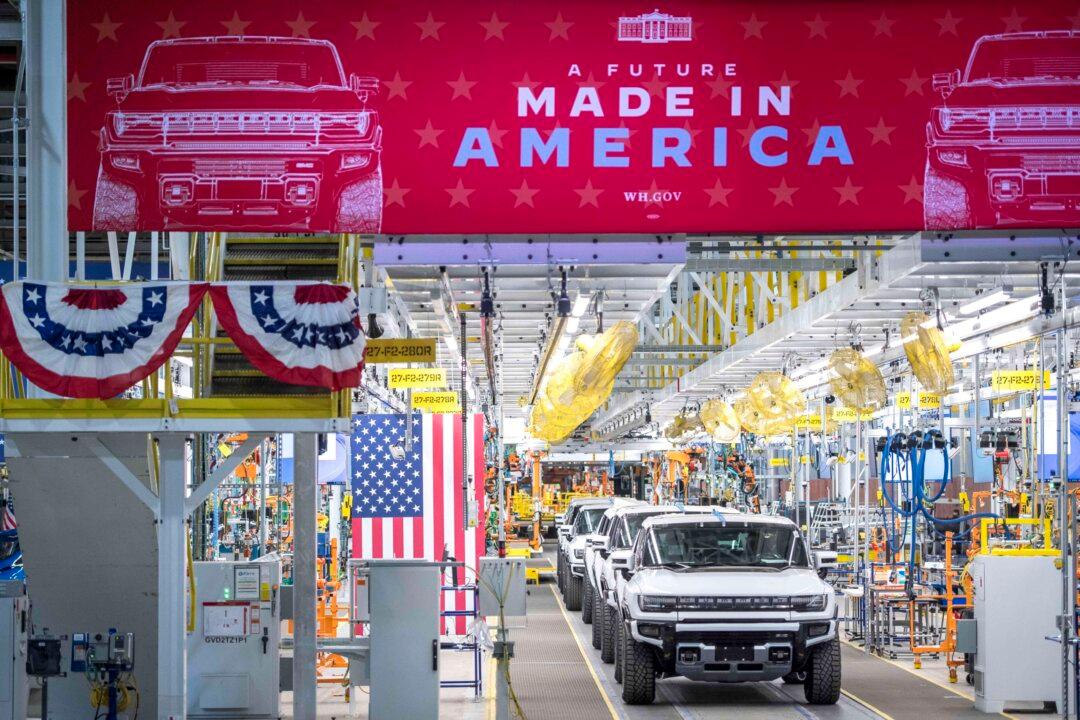Shares of General Motors and Ford Motor traded lower on Wednesday after Morgan Stanley downgraded the overall U.S. auto sector, citing worries that Western automakers might struggle in the intensifying competition with Chinese rivals.
General Motors was downgraded to “underweight” from “equal weight,” and its shares fell 5.4 percentage points, to $45.50. Ford went to “equal weight” from “overweight,” with its shares dropping more than 4 percentage points, to $10.43.





